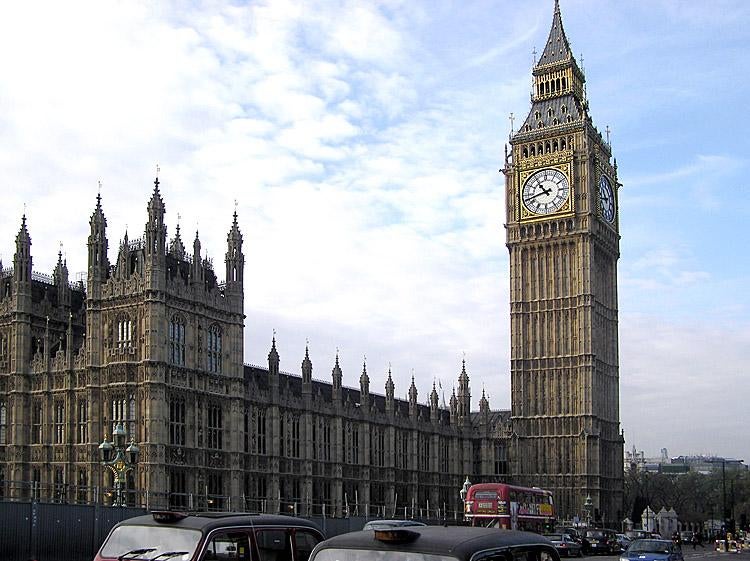
MPs have urged police officers to follow ACPO guidelines and help, rather than hinder, journalists covering future protests.
A report into the policing of April’s G20 protest in the City of London was released today by the Home Affairs Committee of the House of Commons.
While MPs say they do not believe journalists were particularly targeted by police during the G20 protests, they have urged the Met Police to exercise more discretion when journalists need to pass through police cordons which have been set up to ‘kettle’ protestors in one place.
MPs today rejected the statement made to them by Met Police commander Robert Broadhurst who said: “When there is a disorderly situation they [journalists] have no more right than the ordinary citizen to come through all our cordons”.
The MPs note this is “an apparent contradiction” of ACPO Guidelines which state: “We [the police] should actively help them carry out their responsibilities provided they do not interfere with our”.
The MPs’ report says: “We are concerned that this attitude from senior officers goes a long way to explaining the somewhat dismissive attitudes of frontline officers to the press. Police relations with the media is not an issue of guidelines, but is instead one of training and briefing.”
Condemning some police methods on the day of the G20 protest the report states: “We cannot understand why those officers who were unable to communicate with journalists were not willing or able to pass this problem on to a more experienced officer.
“We suggest that at the heart of most communication difficulties encountered by journalists is a lack of leadership on the ground and an inadequate briefing before the protests.
“At the very least all officers should be aware of the existence of a designated media contact point, who is trained in basic communication with journalists and able to give correct information on request.
“It seems to us that some members of the media experienced a broken chain of command and ignorance on the part of the police which impaired their ability to do their jobs.”
Today’s report states that “more must be done” to brief freelance journalists before big demonstrations.
“Since it is to everyone’s benefit that the relationship between the police and journalists is clear and codified, we suggest that the briefings given to members of the media before public protests be published on the website of the police and the National Union of Journalists prior to the event.”
The report notes that at both the G20 protest, and the protest at Kingsnorth Power Station in Kent, the Public Order Act was used to disperse journalists.
It states: “The fact that the police have in both cases apologised does not excuse the fact that forcing members of the press to leave an area without justification sends out completely the wrong signal of the police’s intentions and does not help the police build strong relationships with the media. For this reason alone the misuse of Section 14 must be addressed.”
MPs also today condemn the practice of police at protests removing their ID numbers.
“It is unacceptable for officers not to wear identification numbers at such events; this must be a matter of the highest priority. We urge that any officers found to be deliberately removing their identification face the strongest possible disciplinary measures and the police must make every effort to be identifiable at all times.”
Email pged@pressgazette.co.uk to point out mistakes, provide story tips or send in a letter for publication on our "Letters Page" blog


